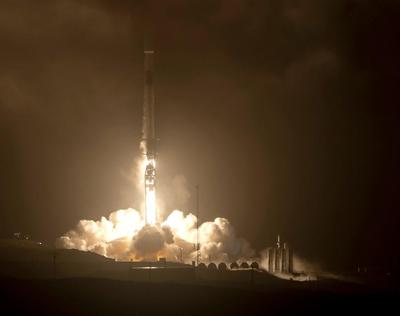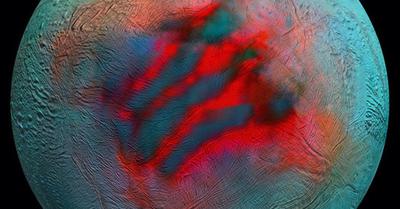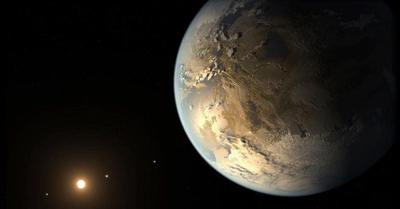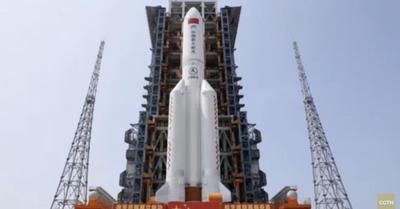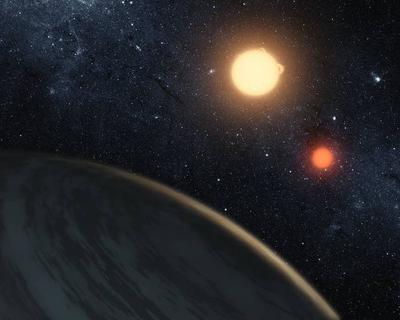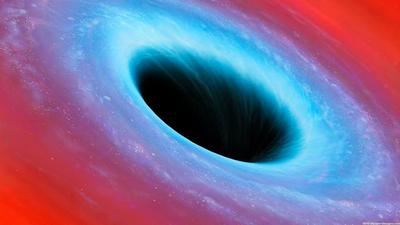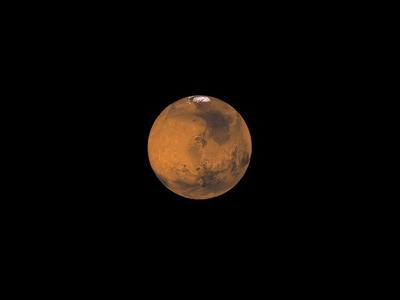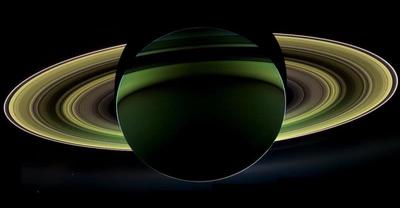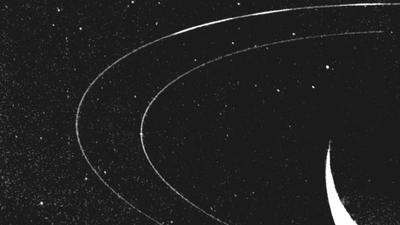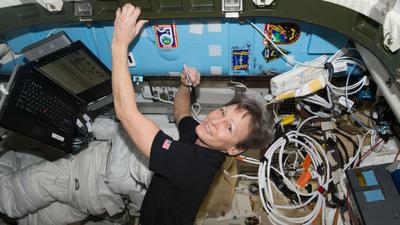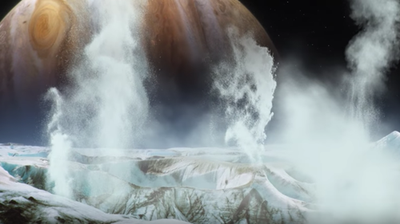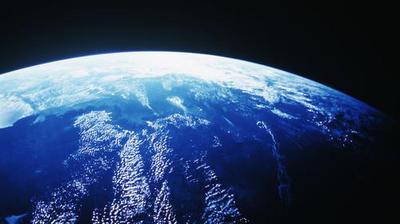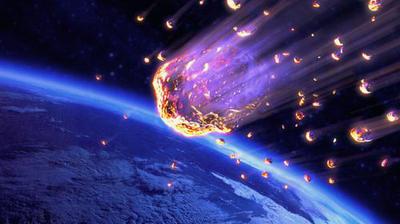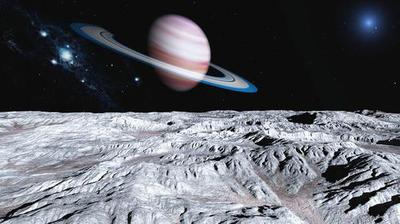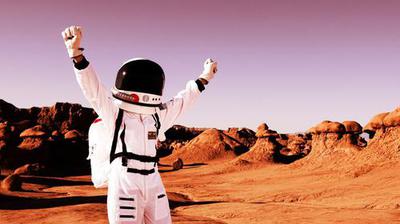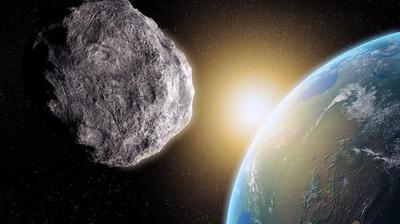Inverse
•
29th March 2018
Mars One Is a "Money Grab" Where Everyone Loses
Over the last three months, Inverse spoke to Joshua Richards, a current applicant with Mars One, two executives at Mars One, three former applicants, representatives from SpaceX and Lockheed Martin, and a former head NASA scientist on human research. These conversations, in concert with Mars One financial data obtained by Inverse, suggest without a modicum of doubt that the company’s chief officers appear to be recklessly piloting a company in serious financial and strategic crisis. At best, they are willfully ignorant about the company’s rapidly depleting resources, which are filled by astronaut hopefuls, donations, and a pool of investors. At worst, the project’s leaders are intentionally disregarding the chaos of their organization and taking participants along for a wild ride — but not one that’s going to Mars.
